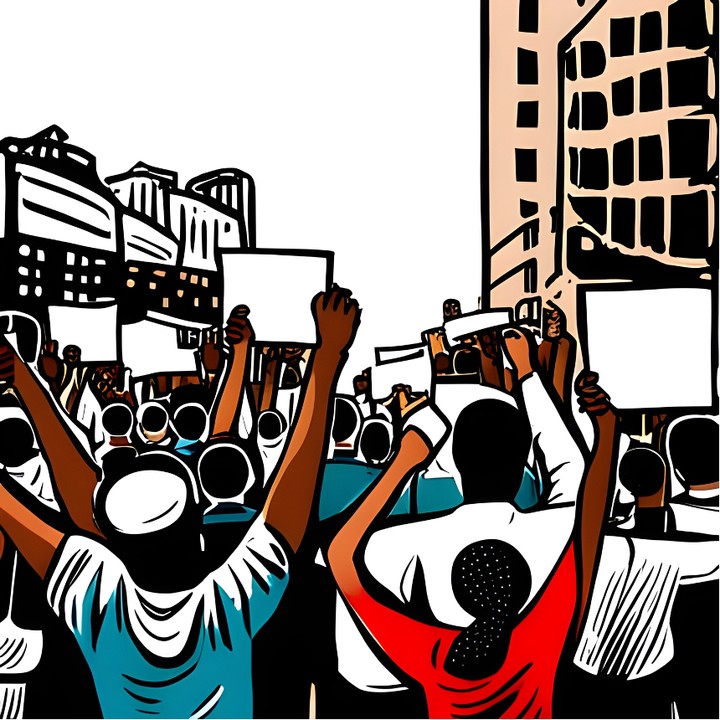Political Economy

Abstract
Excerpt from the introduction:
Gunfights are generally bad for business. This is true even if your business is illicit, like selling drugs. Street violence scares away prospective customers and employees, attracts unwanted attention from police, requires investments in weapons or defenses, and can cost you or your co-workers your lives or liberty. If turf wars are a huge expense, why don’t the heads of different drug crews come together and swear a truce in the name of profits?
They may reasonably fear that such a truce is unlikely to hold. An ambitious crew leader could defect from the truce and try to capture turf when other crews let their guard down. And once the shooting starts, who is going to punish the violator of the truce? It is unlikely that these folks want to call in the police to resolve their disputes. Recognizing a truce is a flimsy promise that is unlikely to be kept, the crews never bother with it, and street violence, however regrettable, continues.
What does this have to do with political economy? First, our description emphasizes the drug crews’ strategic interactions and ignores many other contextual factors (e.g., police tactics, poverty levels). We sketched a model focused on why the crews fail to cooperate despite a clear profit motive. This exemplifies how political economists approach problems, omitting details that are not necessary to understand the crews’ decisions.
Second, our description illustrates how economic activity depends on political institutions or, in this case, their absence. No entity exists which can enforce a truce among the drug crews and punish violators who commit violence and disrupt trade. Political economy studies how politics affects economics and vice versa. A central topic in political economy — one that relates to the drug crews’ dilemma and that we will return to below — is that centralized political authority fosters trade.